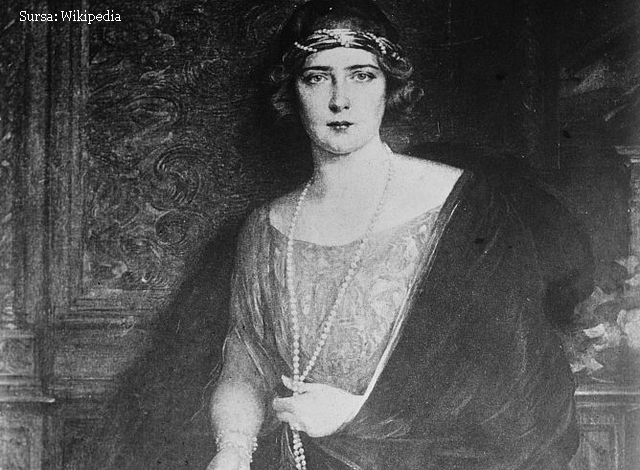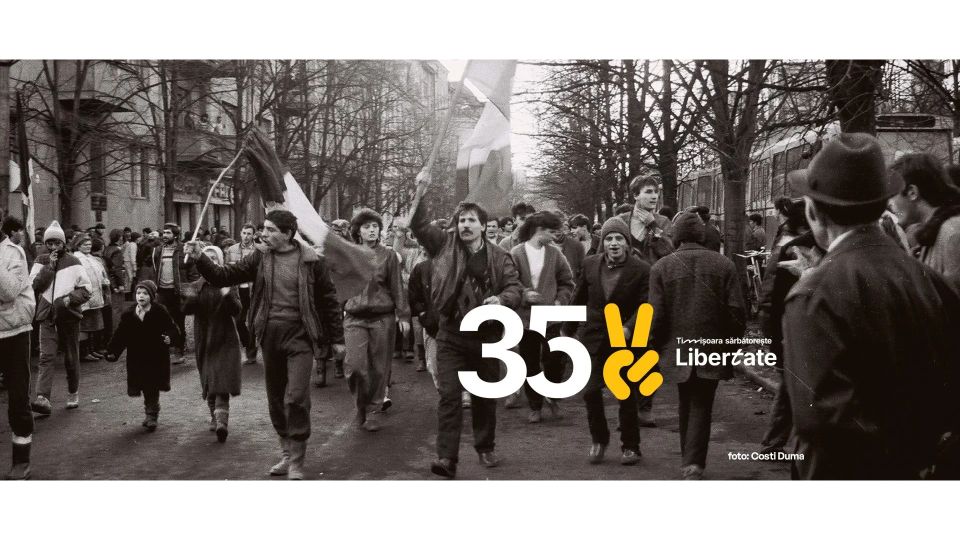Queen Marie of Yugoslavia
Princess Marie of Hohenzollern-Sigmaringen was born on 6th January 1900 as the third child and second daughter of Prince Ferdinand, the future King of Romania, and his wife, Marie.

România Internațional, 12.05.2014, 13:20
Nicknamed “Mignon” by her mother, after an opera by the 19th century French musician Ambroise Thomas, and “Marioara”, in a more Romanian version of her name, this modest and sensitive princess was to have a troubled life. After marrying King Alexander I, she would become the first and only Queen of Yugoslavia.
Marie of Hohenzollern-Sigmaringen was baptised in the Orthodox Church a few months after being born. In her book of memoirs entitled “The Story of My Life”, her mother described her as an easy-going and tender-hearted child, always with a smile on her face. Marie attended private classes together with her siblings, one of their teachers being the historian Nicolae Iorga. During the First World War, she took refuge in the Moldavian capital Iasi together with the entire royal family and the government. After the war, the young princess was separated from her brother, who went to further his studies in Britain and whom she would only meet again 25 years later, in exile.
On 9th June 1922, at 22, Mignon married Alexander I, the unifier of Serbs, Croats and Slovenians into the future Kingdom of Yugoslavia. The timid, unpretentious and even fragile princess thus became queen. She had met her husband in 1921 during a visit by the Yugoslav sovereign to Romania. Their relationship translated not only into a matrimonial alliance, but also an attempt at regional cooperation. Their engagement party was held in Bucharest and their wedding in Belgrade, with members of various European royal families in attendance.
As a queen, Mignon learnt the language of her subjects and gave birth to three sons: the future King Peter II, Tomislav and Andrej. It is said that the new queen won the hearts of her people from the very beginning. In 1934, however, her ordeal started as her husband, Alexander I was assassinated in Marseille. People who knew her said she never smiled again after her husband died, and she dressed in mourning for the rest of her life.
She also stood by her son, the underage king Peter II. When the regent Paul Karageorgevic accepted Hitler’s request to allow his troops to transit Yugoslavia on their way to Greece, Migon was openly opposed. A new shock came when Germany occupied Yugoslavia. Mignon and her son managed to flee the country and seek refuge in Switzerland. After the war, Tito’s communist guerrillas seized power, instated a republican government and banned the legitimate sovereign Peter II from entering the country.
In the spring of 1947, a communist decree stripped queen Marie Karageorgevic of her Yugoslav citizenship and confiscated her entire fortune. “I have lost everything and for ever”, she wrote in a letter to Queen Elena, the mother of King Michael I of Romania, in the spring of 1947. “I have lost the country of my parents, the country of my subjects, my husband, my crown, the throne of my son and most of the wealth I have inherited. I only have my three sons, freedom I cannot use and old age, much too old to enjoy the pleasures of life.”
Following a trial before the Palace of Justice in Belgrade on 14th April 2014, the Supreme Tribunal ruled that the decree issued by the communist authorities was a violation of Queen Marie’s human rights for political and ideological reasons. A request to restore her rights had been filed by her heirs, her sons Tomislav and Andrej Karageorgevic, and her grandchildren Lavinia, Katarina, Dimity and Mikhailo.
We asked Lucian Marino, a journalist working for Radio Novi Sad, to comment on this decision of the Serbian tribunal: “The queen’s civic rights have been restored. The ruling of the Supreme Tribunal of Serbia was an expected, normal and logical decision, all the more so as Serbia is moving closer to Europe and respects all civic rights. Besides the amnesty granted to the Karageorgevic family, the amnesty of Queen Marie, as a citizen, means her heirs are entitled to their inheritance. I’m sure the president’s safe contains many objects which used to belong to the queen.”
Mignon died on 22nd June 1961 in London. The Serb government has decided to set up a committee in charge of organising the exhumation and transfer of the earthly remains of the members of the Royal House of Karageorgevic to be re-interred at the Royal Mausoleum in Oplenac, near Belgrade.






























